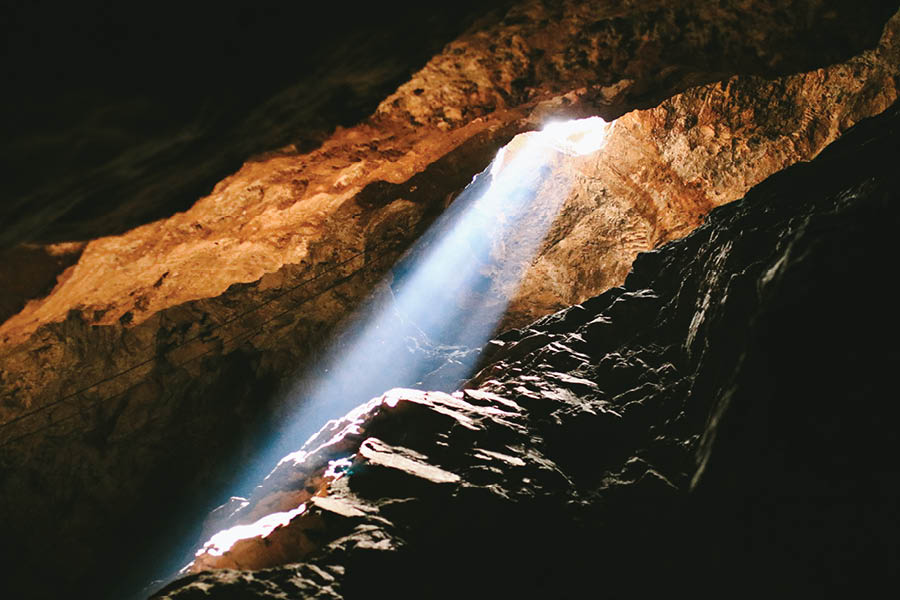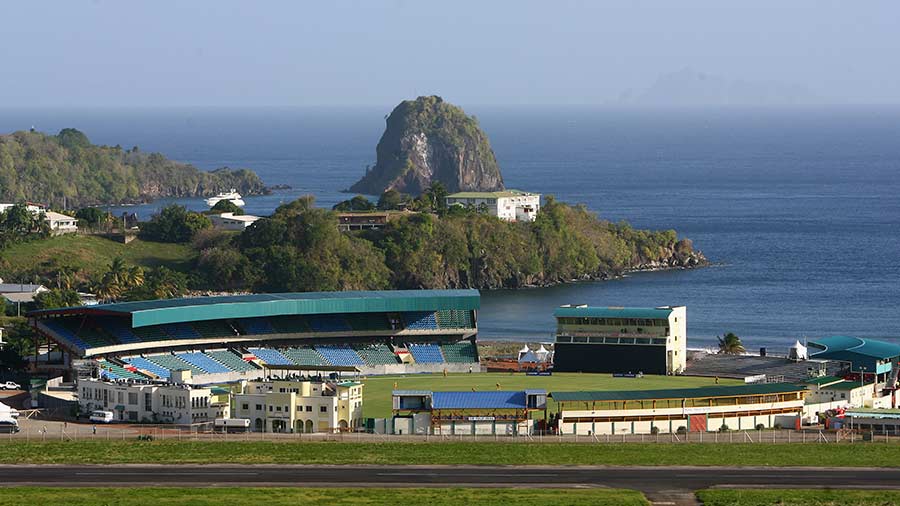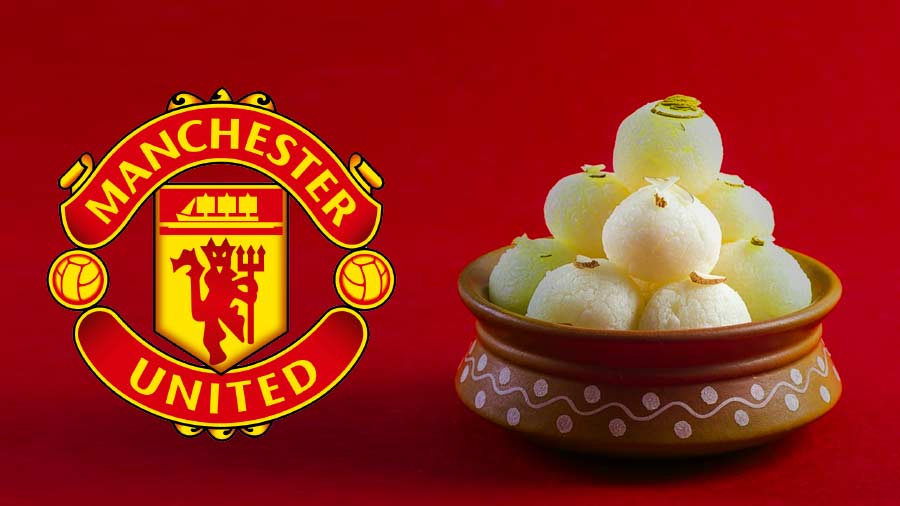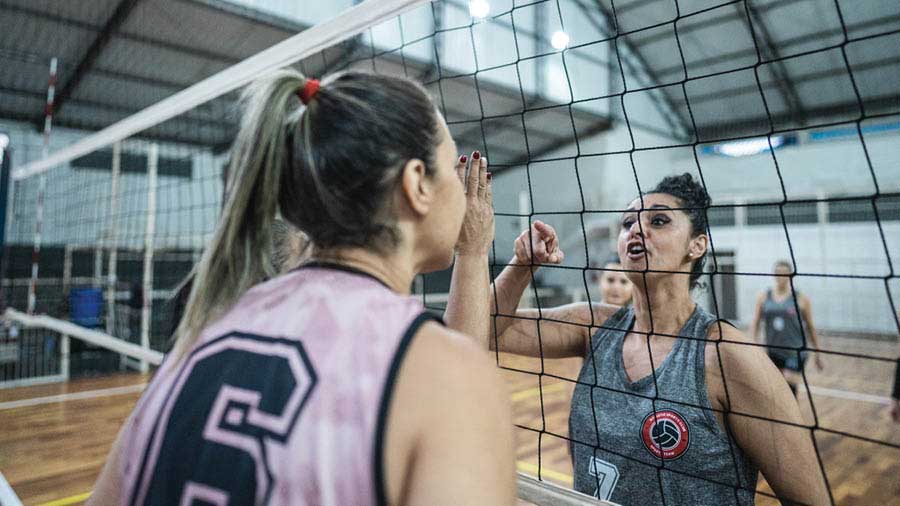I am writing this one from the very cradle of humankind. In Johannesburg, South Africa. The ‘Cradle of Humankind’ is the largest concentration of fossil remains of hominids found anywhere, dating back a million-plus years. It is where our earliest ancestors came from. Somewhere deep within those fossils there is genetic code that you, my reader, and I retain. Mind boggling, isn't it?
I probably would not have made it to the site that holds the origin story of humankind without sports. Many people have gone to many places in the world because of sports. Perhaps that is what makes sports so special. Sports is often called a travelling festival, with teams moving from one event and one location to another to compete and entertain. I write this very close to the Wanderers Cricket Stadium in South Africa. Why am I here? I am here in my role as Head Sport Psychologist for one of the teams competing in the ICC U19 World Cup. It is a few days before the games begin and the competition heats up. So, sitting here, pretty far from all the places I would have ever called home, I thought to investigate: how does travel impact us?
What do we do when going far or going away
Travelling has always been a part of human DNA. Sports expand on this. Think of any league in the world, it's always a home-and-away format. One team is always ‘visiting’. Every person who has played competitive sport or worked in the industry at any level (district all the way to elite) will be a well-travelled person. Travel is such a key part of sports that sports scientists have spent a serious amount of effort to understand how travelling better can improve performance. But why?
Let’s plan a simple trip for you. You are flying to Mumbai in August, the peak of the monsoon. Depending on your plans, you will pack your clothes, your footwear, and also in some cases, your raincoat. Imagine flying to the same city in December — very different.
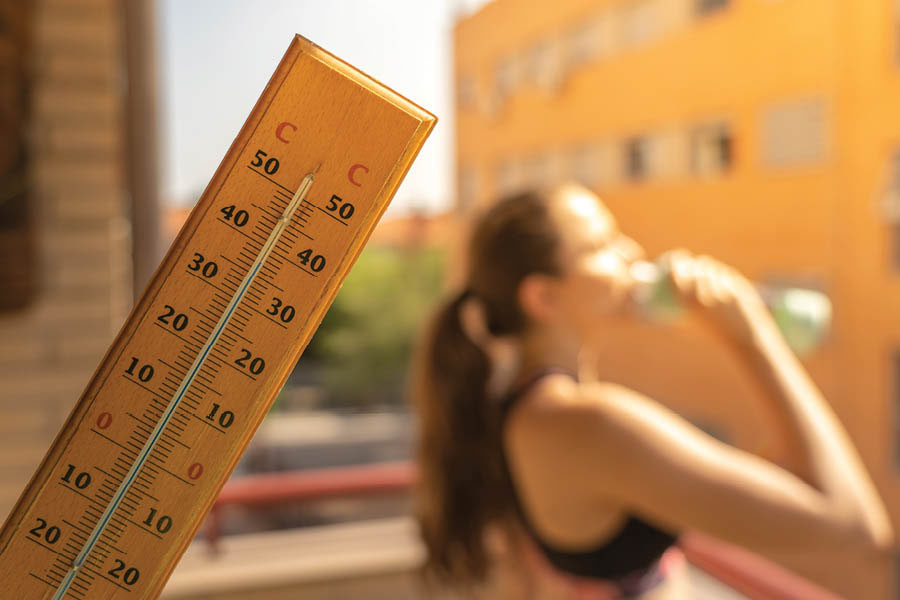
Playing a sport at 25 degrees Celsius is very different to playing the same sport at 35 degrees or 5 degrees. Athletes have no control over this. But sport science teams work to acclimate them Shutterstock
Now imagine you are a sports team going to compete in a completely new place. The sport science team looks at the fact that you are going really far away from your base. Accordingly, we start planning months in advance. Typically, we look at the following factors: temperature, humidity, facilities, tournament schedule, travel and transit schedule, duration, and tournament demands. Complicated, isn't it? You only see the three or so hours of the match on TV, but so much goes on in the background.
Temperature and humidity first. Playing a sport at 25 degrees Celsius is very different to playing the same sport at 35 degrees or 5 degrees. Athletes have no control over this. But the sport science teams work to acclimate them. There is technology called ‘Environmental Chambers’, which we use to artificially create the temperatures that the players will have to perform in, and therefore, prepare them. Travel and transit schedules are another very important thing. If you have ever taken flights or trains that are longer than 90 minutes or at weird times of the day, you will know how uncomfortable they are. Some people cannot even sleep during such journeys (I can — my superpower is being able to sleep literally anywhere!). This impact on sleep has a massive impact on performance. Think of the time when you showed up for an exam with an hour of sleep — pure adrenaline takes care of you for the first couple of hours, but then you crash. In a game, the athlete must be ready for a minimum of six hours.
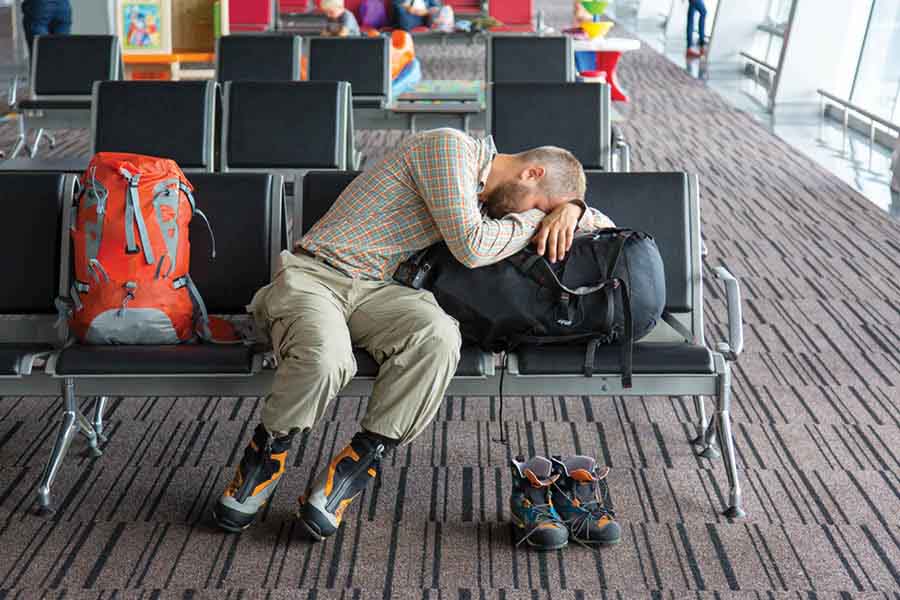
Travel and transit schedules are another very important factor. Travel’s impact on sleep has a massive impact on performance Shutterstock
What can we learn from sport?
We often see that with skill level being equal, teams that better prepare for travel win. I think there are several lessons for us in this. Think of a job interview for which you have to travel across the city. It’s a big one. If you get the job, it will change the track of your career. So you are nervous. What can we do to help you to be less nervous? We can take out the ‘first-time effect’ — the general sense of nervousness our brains automatically respond with when we are in a new environment the first time. Just visit the location of your interview once before and figure out what’s there. This acclimatises you to what it will be like on the day. You can even look at the typical dress code and the behaviours of the people already working there to align your attire for the day (just like tournament conditions) with what is standard there.

We often see that with skill level being equal, teams that better prepare for travel win – and there are several lessons for us in this Shutterstock
You can even prep for your travel accordingly. All this will still not ensure that you will be perfect. Rather, it will allow you to be in the best position to do the best you can possibly do.
Planning the wandering bit can reduce the amount of wondering you would do about what can happen. Try that. Concert musicians and artistes do that, too. It's called dress rehearsal. We did it as a team and now we feel acclimatised to Africa in the summer. This way, we can have fun wandering and reduce the wondering.
Dr Sahen Gupta is a Kolkata-born, India- and UK-based psychologist who divides his time between mental health support and high-performance coaching. As the founder of Discovery Sport & Performance Lab, he works not only with Olympians and other top-level sportspersons, but also with CEOs and other professionals striving for excellence. Dr Gupta’s mission is to simplify complexities of the mind into actionable and simple ‘doables’ that allow individuals to be mentally fit.
